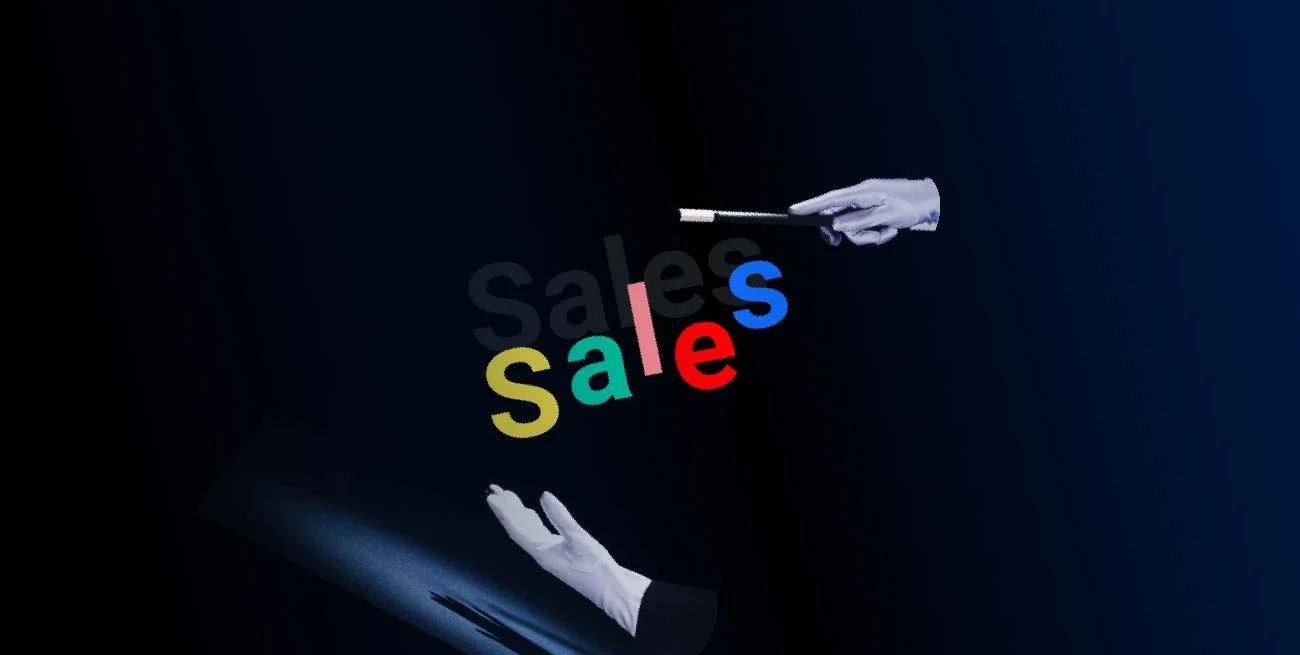Topper’s Trick to Shoot Up Sales
by Rituparna Nath
October 18, 2023 | 03 min read
Share:

What does failing feel like? In games, work, exams, relations?
The sting can differ based on the importance we give.
At times, never speaking to someone again can hurt less than scoring a 54 in an English test, and sometimes a bad game score hurts worse than failing a major exam.
You’ve been taught that failing is a natural, but sad reality of life.
But….. is it actually?
Ever failed an exam you prepared and gave really well?
No one has. No one can.
If there’s 10 chapters and you study 9 really well, it’d take a miracle to make you fail. But if you study only 5, there’s a probability that all questions come from the remaining 5 chapters, and the chance of failing then becomes 50/50.
So technically, can we always choose not to fail?
Well, not entirely.
Exams are examples of classical probabilities. You pass if you study well. If you don’t, you fail.
However, during a game of chess or Call of Duty, the chances of failure depends on past data of how many times the players have failed or succeeded at previous games. That’s why athletes try to play their best at every game. This is called empirical probability.
On the other hand, in relationships failure depends on the individual’s expertise or best judgment. That’s why the probability of mom being angry when we come home past midnight will always be 1. No matter the age. These are subjective probabilities.
But the probability of failure at work is a mixture of all these probabilities! There’s multiple events occurring that decide the success or failure of the business.
For example, consider the following events and probabilities that makes sales a success.
Subjective probability – has the sales head implemented the best sales strategy for maximum profit?
Empirical probability – has the sales manager meticulously created the most efficient route plans for every salesman based on market data?
Classical probability – has the salesman analyzed which stores have demand and exactly which products to sell at these stores?
In this case, all events are actually incompatible in nature but are still connected to answer the bigger question – did sales fail or succeed?
Here’s how.
If the sales head made a full-proof strategy to grow sales, the sales manager wouldn’t need to create perfect journey plans or the salesman wouldn’t have to sit and understand where to go and what to sell.
But the success of the company’s sales still dependents on the sales head, the sales manager and the salesman doing a great job together.
That’s why achieving success feels more difficult at work. Managing all the probabilities of success is a daunting task. Especially in retail where the scale is vast.
So the toppers of the industry are now trying to beat these probabilities – by expanding their ability.
With technology, retail leaders are empowering their sales teams to be able to connect every event in distribution and harness the desired result.
They are showing sales reps where the demand is and what’s it for, ensuring that the probability of the sales team succeeding in effective selling always remains high.
They’re even making sure that creating the perfect PJP everyday can be done effortlessly.
Get to know how toppers are beating the odds. Talk to Bizom at marketing@mobisy.com to schedule a discussion.



